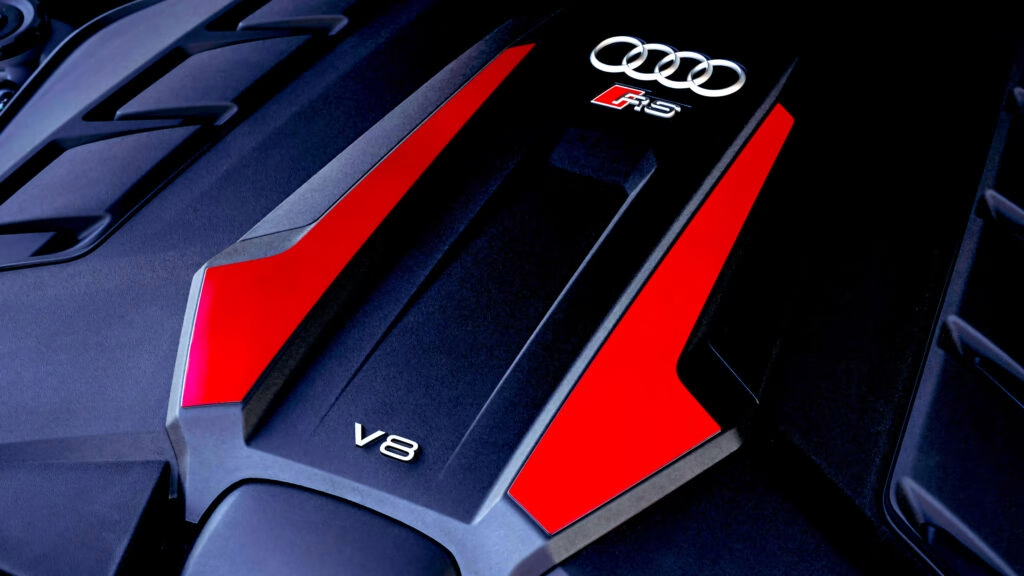Audi’s recent shift in strategy regarding internal combustion engines (ICE) has stirred quite a conversation in the automotive world. After initially committing to phase out ICE production by 2033, the company has decided to take a more flexible approach, extending the production timeline for at least another seven to ten years. This decision, announced by CEO Gernot Dolner, reflects a broader trend among automakers who are reconsidering their paths toward electrification.
Why the Change in Plans?
The decision to abandon the 2033 deadline for ICE production was influenced by market dynamics and consumer demand. Dolner pointed out that the previous management set the ambitious timeline, but the current leadership recognizes the need to adapt to evolving market conditions. This flexibility allows Audi to continue producing internal combustion vehicles while also developing new electric models. It’s a pragmatic move, especially as many competitors are also recalibrating their electric vehicle (EV) strategies, opting for a multi-faceted approach rather than an all-in commitment to EVs.
What’s Next for Audi?
From 2024 to 2026, Audi plans to roll out a new lineup of ICE and plug-in hybrid vehicles. This includes the much-anticipated next-generation RS models, which will likely feature hybrid technology. Dolner also hinted at the potential influence of Audi’s involvement in Formula 1 on their future road cars, suggesting that the high-performance insights gained from racing could inspire innovative designs and technologies for consumer vehicles.
The Future of Audi’s EV Lineup
While Audi is extending its ICE production, it’s not abandoning its electric future. The company is developing an A3-sized EV, set to debut in 2026, which will serve as an entry point into the Audi lineup alongside the Q3. Interestingly, Audi has no plans to create a version of the VW ID.2 or similar models from the Skoda and Cupra brands, focusing instead on its unique offerings.
Dolner emphasized that Audi is committed to leading the development of the Volkswagen Group’s hardware and software architectures for larger models. This includes the upcoming Scalable Systems Platform (SSP), originally intended for EVs but now designed to accommodate ICE as well, showcasing Audi’s commitment to versatility in its vehicle offerings.
What About Iconic Models?
When asked about the future of iconic models like the Audi R8 or TT, Dolner remained coy, stating that the company is considering all possibilities. While it may be too early to make definitive announcements, the excitement around potential new iterations of these beloved models remains palpable among enthusiasts.
The Takeaway
Audi’s decision to remain flexible with its ICE production reflects a broader industry trend of adapting to market realities. As the automotive landscape continues to evolve, the balance between traditional combustion engines and electric vehicles will be crucial. The big takeaway? Audi isn’t just about chasing trends; it’s about making smarter adjustments to stay relevant. So, whether you’re a fan of roaring engines or sleek electric rides, there’s plenty to look forward to in Audi’s future.

